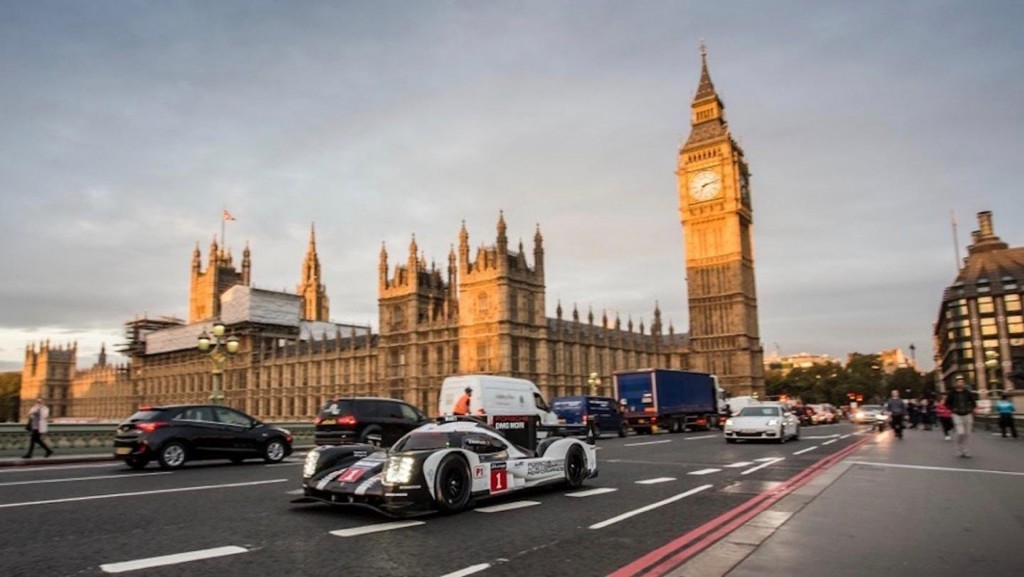Electric cars have been exempt from most attempts to regulate vehicular traffic in urban centers, but not a new London plan to create car-free zones. Cars—even those without tailpipes—will be banned from large areas of the British capital in order to create more space for pedestrians and cyclists, news network ITV reported Friday.
"These plans will transform parts of central London to create one of the largest car-free areas in any capital city in the world," the report said.
The move is primarily motivated by the need for social distancing during the coronavirus pandemic.
Transport for London (TfL), the city's transportation agency, hopes car-free zones will encourage people to ride bicycles or walk instead of using buses or subways.
Buses will be allowed in some car-free zones, but others will be closed to all vehicles. The report did not say where London's Black Cabs (some of which are now electric) fit into the mix.
London will also reinstate its Congestion Charge May 18 and its Ultra Low Emission Zone next month, the report said. The Congestion Charge will also increase to £15.00 ($18.00) and its hours of operation will be extended, running from 7:00 a.m. to 10:00 p.m., 7 days a week.
JUST ANNOUNCED: our plans to make central London one of the largest car-free zones in any capital city in the world, increasing walking and cycling and improving our air quality.
London's road to recovery cannot be clogged with cars. https://t.co/31Ym0OBF9q
— Sadiq Khan (@SadiqKhan) May 15, 2020
While aimed at enabling social distancing, car-free zones could help reduce air pollution. Those who study air quality have noted some dramatic improvements during the coronavirus slowdowns, thanks to having fewer cars on the road. Air pollution is likely linked to higher death rates from the lung-related illness.
Taking large numbers of cars off the road is a simple and effective way to cut air pollution. One annual example: Israel sees reductions of up to 98% of nitrogen-oxide (NOx) emissions during Yom Kippur, when most of its population stays home.

Mark Webber driving a 2016 Porsche 919 Hybrid in London
With London's air historically very bad, but improving from the Congestion Charge this past decade, the question becomes how can the city hang onto any potential gains as it recovers?
Hybrids lost an exemption from the fee in 2016, and the United Kingdom plans to ban sales of new gasoline and diesel cars nationally by 2035.
Extending to other big cities: Especially at a time when people are rightfully cautious about public transit, where's the middle ground that permits freedom of personal mobility but doesn't choke the city when every bit of extra pollution matters? Your ideas welcome below.












